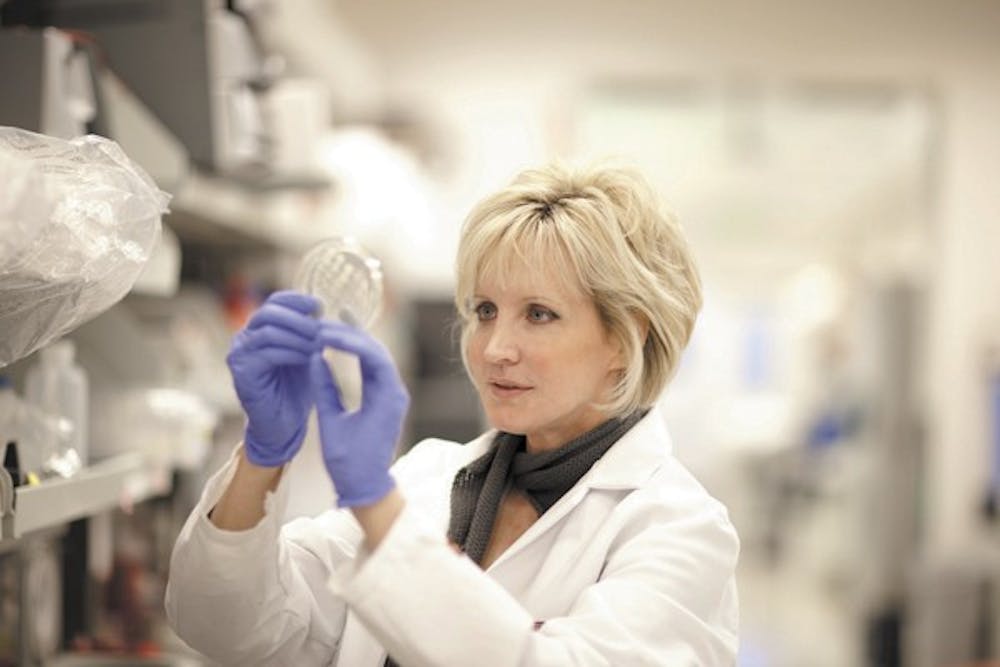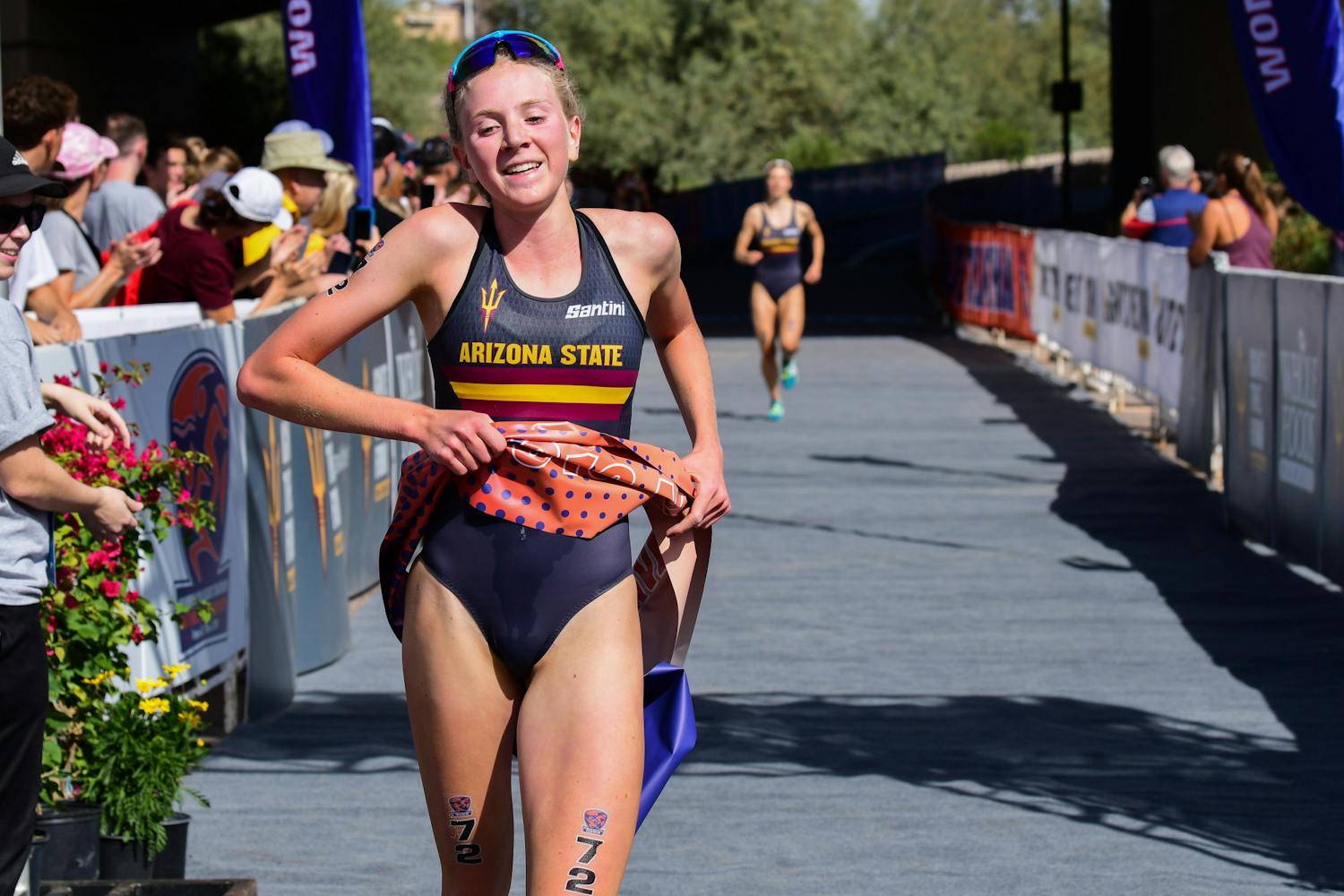The research of ASU professor Cheryl Nickerson was launched into space this summer during the final mission of NASA’s space shuttle program.
Nickerson, who was awarded NASA’s Exceptional Scientific Achievement Medal earlier this month, is a microbiologist at ASU’s Biodesign Institute. Her most recent spaceflight research, done in partnership with Roy Curtiss III, also of ASU’s Biodesign Institute, used the space shuttle Atlantis’ microgravity research platform to work toward developing a vaccine against one of the world’s deadliest diseases: pneumonia.
“The spaceflight program is so important to this research because it allows novel disease mechanisms to be revealed that cannot be observed on Earth, where gravity can mask these responses,” Nickerson said. This includes disease-causing mechanisms in salmonella, one of the studied vaccines.
Because an anti-gravity environment was needed for the research, ASU entered into an agreement with NASA this year to use the International Space Station’s National Laboratory for life sciences research.
Nickerson’s and Curtiss’ research could lead to a new approach in the battle against infectious diseases and improve the quality of life for millions of people.
The vaccine strain was launched into space aboard the space shuttle Atlantis on July 8. It was grown in orbit and then treated with a chemical to preserve its gene expression products or given fresh media to keep it viable until return to the Kennedy Space Center.
Ground controls for comparison were grown under identical conditions at the Kennedy Space Center.
“This experiment in space is an effort to enhance the protective immune response of an anti-pneumococcal salmonella vaccine strain developed in the Curtiss’ lab,” Nickerson said.
The vaccine strain was tested for the ability to protect against pneumococcal infection and changes in gene expression when it returned to Earth.
Results from these studies are being analyzed, and Nickerson said both she and Curtiss hope to better genetically engineer the vaccine strain in their laboratories based upon their observations from the research in space.
The vaccine — a live strain of salmonella — carries a protective antigen against Streptococcus pneumonia, the bacterium that causes pneumonia.
Kenneth Roland of ASU’s Biodesign Institute, an associate research professor in the Curtiss’ lab, said the modified salmonella vaccine strain (called Recombinant Attenuated Salmonella Vaccine, or RASV) was designed to not make people sick – but rather, “to make the bacteria a friend instead of a foe”.
“We have tamed the beast,” Roland said. “We modified the pathogen so that this vaccine will work with the bodies’ immune response system to fight pneumonia.”
Because RASVs can be produced against a variety of pathogens, the outcome of this study could influence the development of vaccines against many other diseases in addition to pneumonia.
With the end of the shuttle program in late July, the ASU team is working with the commercial spaceflight sector to transport their experiments to and from the International Space Station.
Future studies will require use of the ISS to advance the study. Neal Pellis, director of the Universities Space Research Association’s Division of Space Life Sciences in Houston, is also interested in the study’s outcome.
“One day soon we would like to come up with a pharmacy product that will make people’s lives better on Earth based on this research in space,” Pellis said.
Reach the reporter at phillip.guerrero@asu.edu





